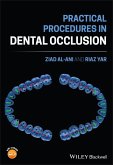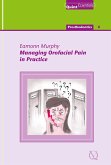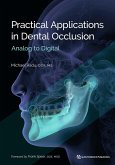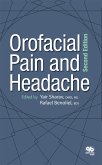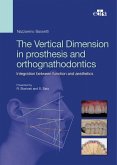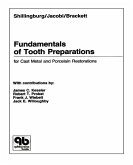Passionately delving into the underlying biologic principles of occlusion to bring order to the chaos, the author breaks this controversial subject down to its core components, providing key practical guidance to dentists on whether to keep or change a patient's existing occlusion, how to change occlusion, and how to accurately record the new maxillomandibular relationship.
Dieser Download kann aus rechtlichen Gründen nur mit Rechnungsadresse in A, B, BG, CY, CZ, D, DK, EW, E, FIN, F, GR, H, IRL, I, LT, L, LR, M, NL, PL, P, R, S, SLO, SK ausgeliefert werden.
Hinweis: Dieser Artikel kann nur an eine deutsche Lieferadresse ausgeliefert werden.



